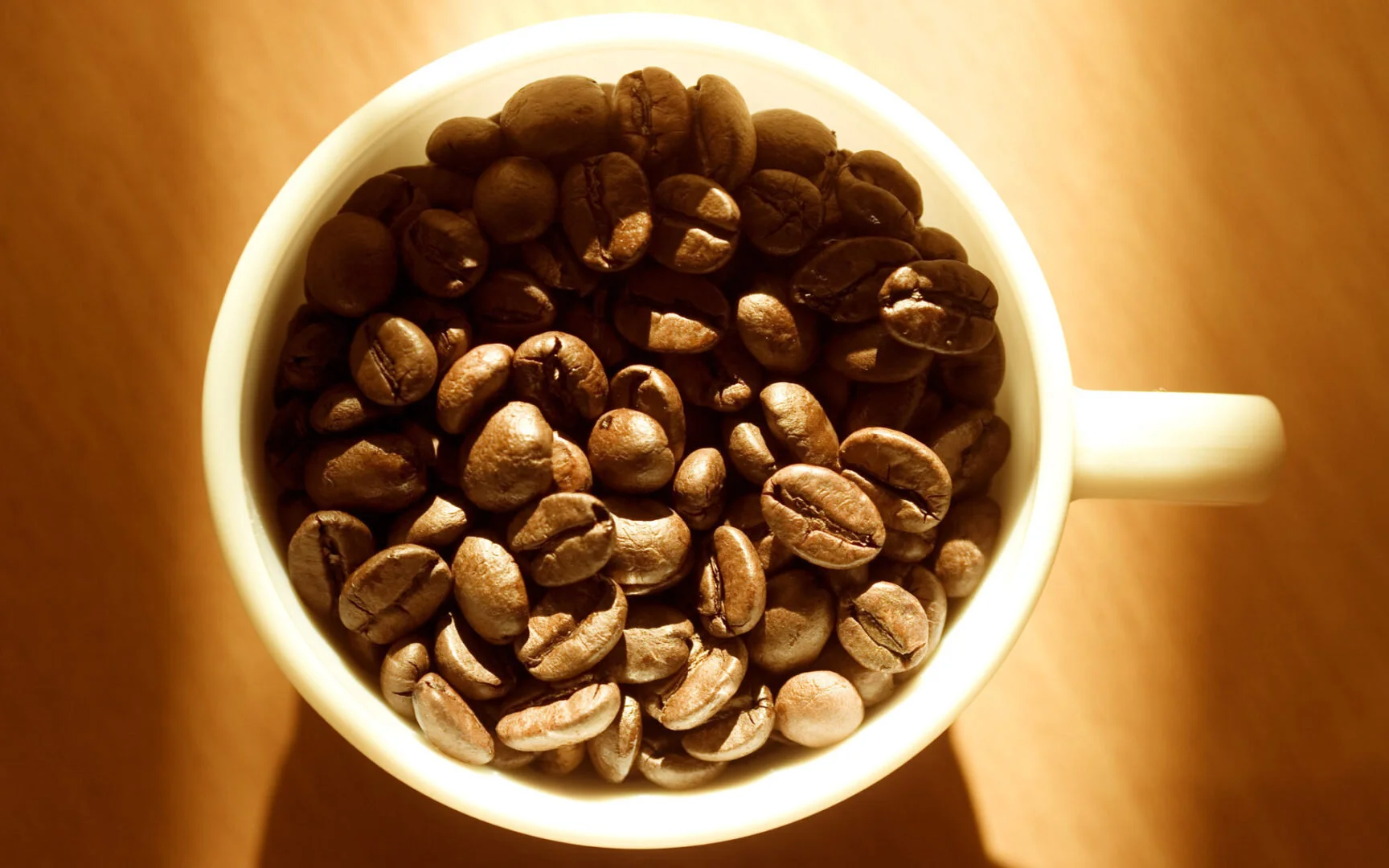7 Foods That Reduce Your Alzheimer's Risk
by Grandparent.com:Keep Your Brain HealthyThe best thing you can do to keep your brain working the way you want it to: exercise, and eat right. "Nutrition is very, very important to brain health," says Paul Nussbaum, Ph.D., a clinical neuropsychologist and member of scientific advisory board for the Alzheimer’s Foundation of America. "Surprisingly, the brain is made up of 60% fat--it’s the fattest part of our body--and that fat insulates the nerve tracks. Without that fat we slow down mentally," Dr. Nussbaum says.The crucial thing to know: The kinds of fats and foods you eat, can have a real impact on the health of your brain. Trans fats and sugar aren't great for your brain health. What foods are good and can reduce your risk of Alzheimer’s? Consider eating these good-for-your-brain foods:1. Walnuts (and almonds, pecans, hazelnuts)Walnuts might be small in size, but they pack a big nutritional punch. They are filled with Omega-3 fatty acids, the good kind of fat your brain needs. A study from the New York State Institute for Basic Research in Developmental Disabilities found that mice given a diet including walnuts showed improvement in memory and motor coordination. Walnuts also contain vitamin E and flavonoids, which can help protect the brain.2. Salmon (and mackerel, sardines, other fatty fish)Also high in Omega-3s, fatty fish like salmon can lower blood levels of beta-amyloid, a protein thought to play a role in Alzheimer’s. A Columbia University study found that the more Omega-3 fatty acids a person eats, the lower their blood beta-amyloid levels. Dr. Nussbaum suggests eating 8 oz. of fish per week--fresh fish is best, but you can also talk to your doctor about taking a fish oil supplement.3. Berries“Antioxidants are like taking out the broom in the spring and sweeping the garage,” Dr. Nussbaum says. “Antioxidants are the body’s broom.” Berries contain polyphenols, a type of antioxidant which helps stop inflammation and allows brain cells to work better. A Tufts University study found that berries can reverse slow-downs in the brain’s ability to process information.“You can’t go wrong if a food has the word ‘berry’ in the name,” says Dr. Nussbaum. “Strawberries, blueberries, cranberries-- they’re all good for your brain.”4. Spinach (and kale, other leafy greens)Full of antioxidants and fiber, leafy greens should be a diet staple. In a national study, women in their 60s who ate more leafy vegetables over time did better than their non-greens-eating counterparts on memory, verbal, and other tests. And new studies show that high levels of vitamin C, which is found in spinach, may help with dementia prevention.5. TurmericBreak out the curry! A host of studies have shown that turmeric, the spice used in curries, and its main active component curcumin, can help prevent Alzheimer's. In one such study, researchers from UCLA found that vitamin D3, taken with curcumin, may help the immune system to get rid of the amino acids that form the plaque in the brain that's associated with Alzheimer’s Disease. So the next time you cook, incorporate this healthy spice.6. CoffeeNow you don’t have to feel guilty about pouring yourself another cup. Researchers from the University of South Florida and University of Miami found that people older than 65 who drank three cups of coffee a day (i.e. had higher blood levels of caffeine) developed Alzheimer's disease two to four years later than their counterparts with lower caffeine levels, and that caffeine had a positive impact even in older adults who were already showing early signs of Alzheimer's.7. ChocolateIf you haven’t already switched from milk chocolate to dark, now you have one more reason to. Compelling research already shows that dark chocolate, which contains flavonoids (a plant compound that helps with the body’s circulation), can help combat heart disease, but flavonoids may also help slow down the effects of dementia. In an Italian study, older adults who had mild symptoms of dementia drank cocoa with high, medium and low amounts of flavonoids. Those who consumed high amounts outperformed those who consumed low doses on cognitive tests.And a study is currently underway by the National Institute on Aging to see whether resveratrol, a compound found in chocolate, red wine, and grapes, can prevent dementia. One tip: A healthy choice is dark chocolate that has a 70% or higher cocoa content.Source: http://huff.to/Xx48nw

